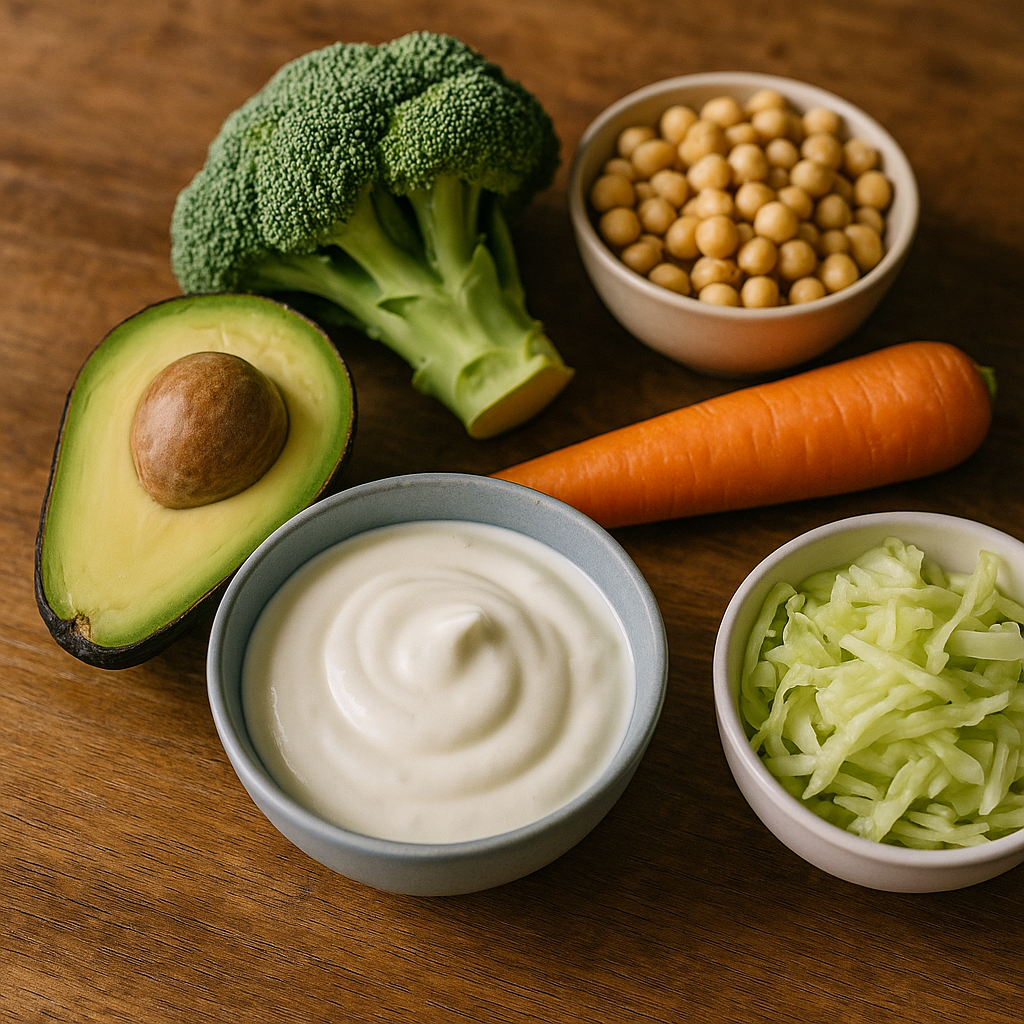Ask Ayurvedic doctor a question and get a consultation online on the problem of your concern in a free or paid mode. More than 2,000 experienced doctors work and wait for your questions on our site and help users to solve their health problems every day.
How to Reduce Gas: Natural Remedies and Daily Practices
Gas and bloating are some of the most common digestive complaints people face daily. They can cause discomfort, embarrassment, and sometimes even pain. Learning how to reduce gas and how to reduce bloating and gas effectively can improve your overall wellbeing and confidence. Many people want to know how to reduce gas in stomach naturally, without immediately reaching for medications that may cause side effects. Whether you’re dealing with occasional stomach gas or chronic issues, understanding natural methods to reduce gas problem is key.
In this article, we will explore practical ways to reduce gas in stomach instantly and over time, including diet, exercises, yoga poses to reduce gas, and lifestyle habits that keep your digestion smooth. We'll also touch on how to reduce gas in breastfeeding mothers, who often face unique challenges. By the end, you’ll have a handy toolkit to tackle gas and bloating that’s easy to follow at home.

What Causes Gas and Bloating in the Body
Before jumping into solutions, it helps to know why gas forms in the first place. Gas is primarily produced when your digestive system breaks down certain foods. This happens mainly in the stomach and intestines. When digestion is slower or certain foods aren’t fully absorbed, bacteria in your gut ferment these foods, producing gas as a byproduct.
Common causes include swallowing air while eating or drinking too fast, eating gas-producing foods (like beans, cabbage, and carbonated drinks), food intolerances, or digestive disorders like irritable bowel syndrome. Even stress and sedentary lifestyle can contribute by slowing digestion and causing gas build-up.
Bloating often comes along with gas and happens when the intestines become filled with excess air or fluid, making your abdomen feel tight and uncomfortable. It’s worth noting that everyone experiences some level of gas—it's a natural part of digestion! The problem arises when it becomes excessive or painful.

How to Reduce Gas in Stomach Naturally
Simple Home Remedies and Herbal Solutions
If you want to know how to reduce gas in stomach naturally, start with simple remedies that have been used for centuries. Peppermint tea is a classic choice—it helps relax the digestive tract muscles, which can relieve trapped gas and bloating. Similarly, ginger root is well-known for its stomach-soothing properties; you can chew a small piece or brew fresh ginger tea.
Fennel seeds are another great option. Chewing them after meals or sipping fennel tea may help reduce gas problem by improving digestion and reducing inflammation. Chamomile tea also has gentle anti-spasmodic effects that can ease stomach discomfort.
Avoiding swallowing air while eating or drinking is important too—this means eating slowly, chewing food thoroughly, and steering clear of chewing gum or drinking through straws. These little habits can reduce how much air gets trapped in your digestive system.
Dietary Tips and Foods That Help Reduce Gas
Certain foods help reduce gas and bloating, while others can make it worse. To reduce gas in stomach, try incorporating more yogurt with live cultures, as probiotics promote a healthy gut flora that can minimize gas production. You might also want to add more fiber gradually to avoid sudden gas increase.
Some foods that reduce gas include bananas, papaya, pineapple, and cucumber, which aid digestion and soothe the gut. On the flip side, limit intake of beans, lentils, broccoli, onions, and carbonated beverages, which are common gas producers. Drinking plenty of water helps flush your system and aids digestion as well.

Yoga and Exercises to Reduce Gas
Best Yoga Asanas for Bloating Relief
Yoga isn't just for flexibility or relaxation—it can be a powerful tool for digestion and gas relief too. Certain yoga poses help massage the abdominal organs and stimulate intestinal movement, making it easier to release trapped gas and reduce bloating.
One popular pose is Pawanmuktasana, also called the “Wind-Relieving Pose.” It involves lying on your back and hugging one or both knees to your chest, gently pressing your abdomen. This pose encourages gas to move along your digestive tract, relieving discomfort almost instantly.
Another effective asana is Ardha Matsyendrasana (Seated Spinal Twist). Twisting your torso helps stimulate digestion and can reduce gas in body by improving circulation in the abdominal area. Even simple forward bends can aid digestion by gently compressing the stomach.
Gentle Movements and Stretching for Digestion
Besides yoga, light exercises can also help reduce gas problem by encouraging digestion. A gentle walk after meals stimulates your digestive system and helps prevent gas build-up. Avoid strenuous workouts right after eating, though, as they might cause discomfort.
Simple stretching and abdominal massages can also aid in releasing trapped gas. Massaging the belly in a clockwise direction follows the natural path of the colon and promotes bowel movement. This can be especially useful for those who suffer from chronic bloating.

How to Prevent Gas Build-Up in the Future
Eating Habits and Daily Routines
Prevention is always better than cure when it comes to gas and bloating. Adopting mindful eating habits is one of the best ways to reduce stomach gas long-term. This means eating slowly, chewing thoroughly, and avoiding talking while chewing, which can cause you to swallow excess air.
Regular meal timings and avoiding late-night heavy meals also keep your digestive system functioning smoothly. Drinking warm water before meals can prepare your stomach to digest better. Limiting carbonated drinks and fatty foods helps as well.
Ayurvedic Tips for Long-Term Digestive Balance
Ayurveda offers time-tested wisdom on reducing gas naturally. One common recommendation is to drink ajwain (carom seeds) water before or after meals, which can help in reducing gas in stomach instantly by improving digestion.
Including spices like cumin, coriander, and turmeric in your cooking can balance your digestive fire (Agni) and reduce gas. Ayurveda also advises regular oil massages and practicing meditation to reduce stress, which can otherwise worsen digestive problems.
When to See a Doctor About Gas Problems
While most cases of gas and bloating can be managed with lifestyle changes and natural remedies, there are times when it’s important to seek medical advice. If you experience severe abdominal pain, persistent bloating, unexplained weight loss, or changes in bowel habits along with gas, it’s best to consult a healthcare professional. These could be signs of more serious digestive disorders like infections, food intolerances, or conditions such as irritable bowel syndrome (IBS) or even gallbladder issues.
Also, if gas is affecting your quality of life and none of the natural methods seem to work, don’t hesitate to get checked. Sometimes, underlying causes require targeted treatment.
Conclusion
Gas and bloating can be uncomfortable, but knowing how to reduce gas naturally empowers you to take control of your digestive health. From simple home remedies and dietary changes to yoga poses to reduce gas and mindful eating habits, there are plenty of practical ways to ease your symptoms and prevent future flare-ups. Remember, a few lifestyle tweaks can make a huge difference in how your body feels every day.
If you struggle with gas problem often, try incorporating these tips gradually and see what works best for you. Everyone’s digestion is unique, so patience is key. Don’t forget to listen to your body and seek medical advice when needed.
Take charge of your digestive wellness today—and share this article with friends or family who might benefit from these natural, effective ways to reduce gas in stomach and body.
FAQs
What drink helps relieve gas?
Peppermint tea, ginger tea, and fennel tea are popular natural drinks that help relieve gas quickly by soothing your digestive tract.
What foods reduce gas?
Foods like bananas, papaya, pineapple, yogurt with probiotics, and cucumbers can help reduce gas and improve digestion.
Can I eat curd in gas?
Yes, eating curd (yogurt) with live cultures can be beneficial as it promotes healthy gut bacteria that reduce gas formation.
How to avoid gas in the stomach?
Eat slowly, avoid carbonated drinks, chew food thoroughly, and avoid gas-producing foods like beans and broccoli to prevent gas build-up.
Does gas mean poor digestion?
Not necessarily. Gas is a normal part of digestion, but excessive gas can indicate digestive imbalances or food intolerances.

